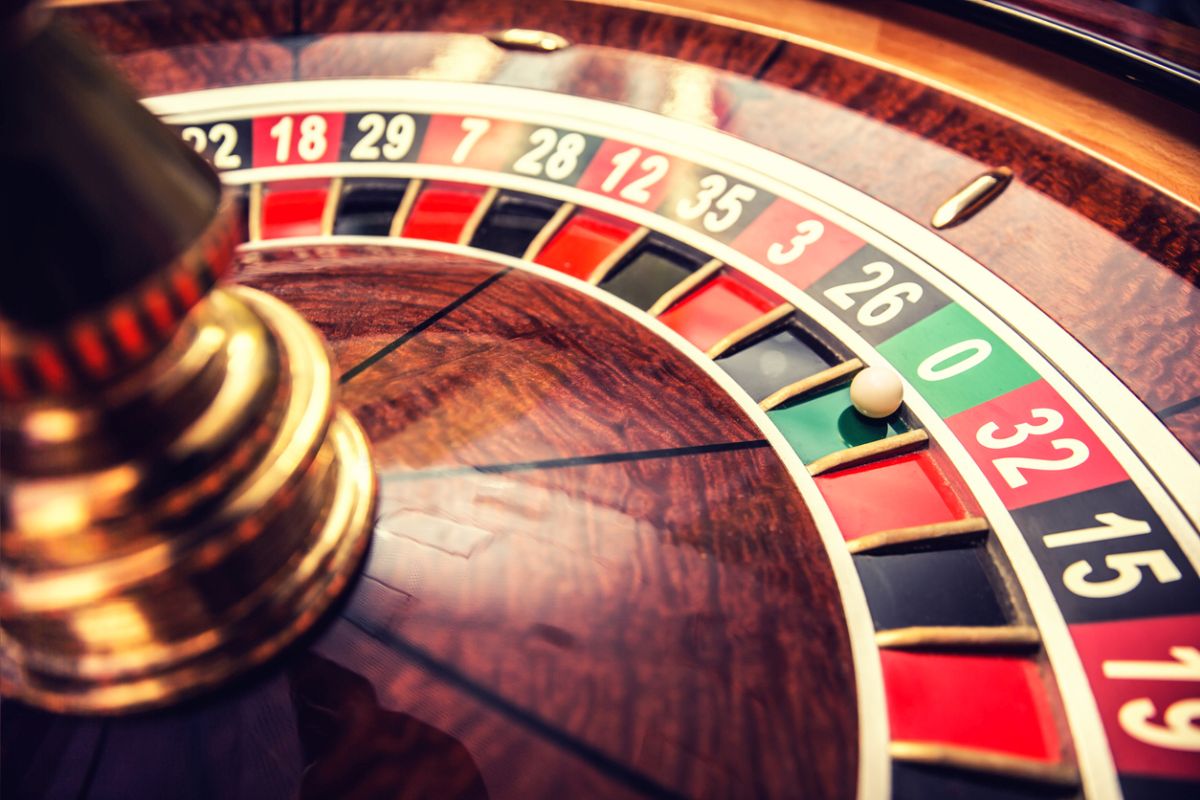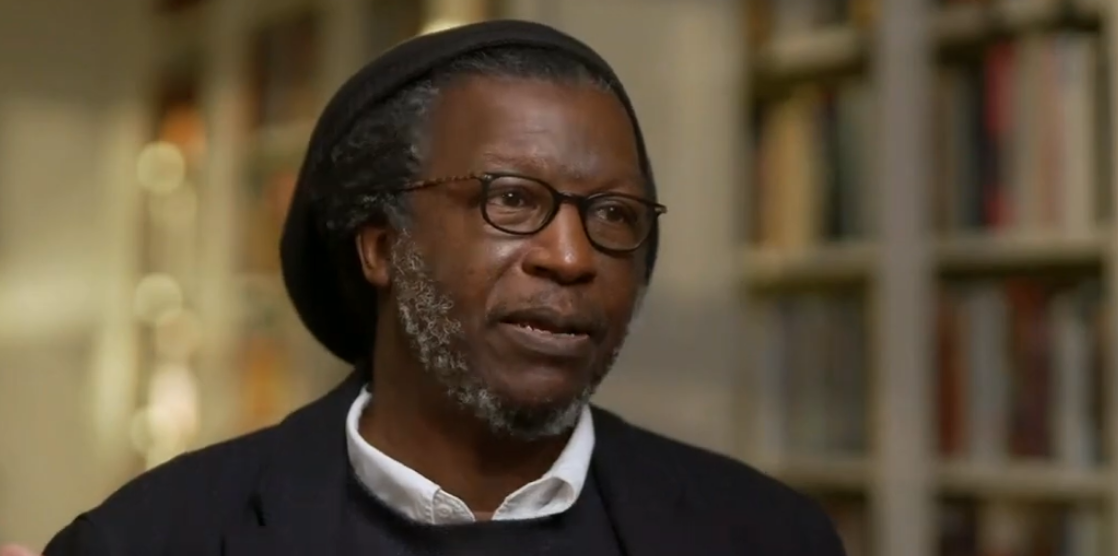The gambling laws in New Zealand are similar to those in Australia. The Gambling Act has been in force in this country since 2003. This states that the operation of Online Casino in New Zealand or other gambling websites is prohibited in New Zealand. Online gambling licences are not issued. However, this only applies to companies that offer such licences. Residents are allowed to participate in online gambling. The ban on providers is only a small part of many legal regulations. You can find out more in our article.
Gambling Act 2002: The Most Important Regulations
Just because New Zealand does not allow online casinos does not mean that all gambling is prohibited. The offline world is completely different again. The ban on providers is only a small part of many legal regulations. We briefly outline the most important points of the gambling law:
New Zealand is even stricter than Australia on this point. In addition to online casinos, most bookmakers are also prohibited there. Except for one, the New Zealand Racing Board. This portal is allowed to offer sports betting. Here too, citizens of New Zealand may legally gamble with foreign providers. The same regulation also applies to poker.
The laws can be viewed from two angles. On the one hand, the government does not have to worry about player protection. On the other hand, they lose money that flows abroad and may drive players into the clutches of illegal casinos. On the other hand, every player is responsible for themselves and can choose from many providers.
- Controlling the growth of gambling
- The aim is to prevent damage caused by gambling
- Some games receive licences, the rest are prohibited
- Ensuring fairness in games
- Combating crime in connection with gambling
- Money from gambling should benefit the community
The Different Classes of Gambling
There are different classes of gambling in New Zealand. It is even possible to gamble as an individual. However, this is only possible under limited circumstances. Games of chance, instant games, house games (bingo), lotteries and prize competitions are permitted in this sector. Anyone wishing to organise such games must adhere to the rules of the game. A licence is not required if the total value of the prizes does not exceed a certain limit.
If the total value of the prizes exceeds 5,000 dollars, the activity must be organised by a company. This is a one-off class 3 licence and, in the case of Housie, is issued for one year.
The gambling classes start at class 1, where only a small stake is required and the risk is just as low. Games with a high risk and high turnover belong to class 4. It should be noted that lotteries and casinos owned by the New Zealand Lotteries Commission are treated separately.
Gambling class 1
- Prizes or turnover do not exceed $500 (The value of all non-cash prizes is always the retail value).
- If the activity is conducted by an individual, the entire winnings must be used for prizes.
- If the gambling activity is conducted by a corporation, the proceeds must be used for authorised purposes.
- A licence is not required; the game must be played in accordance with the rules of the game.
Gambling class 2
- This includes prizes that do not exceed $5,000. The retail value of prizes also applies here. Turnover may not exceed $25,000.
- Only companies may conduct games of chance
- Proceeds must be used for authorised purposes
- Consumer information must be clearly described at the point of sale. For example, the number of tickets, closing date, prizes (including retail value), date of draw etc.
- A licence is not required, the activity must follow the rules of the game.
Gambling class 3
- Prizes exceed $5,000 (for merchandise, retail value applies)
- Major lotteries, instant games, house games, casino nights and similar forms belong to class 3.
- These may only be operated by one company. A company is required for the game Housie.
- The activities must comply with the rules
- Direct or indirect slot machines are prohibited.
- The Ministry of the Interior decides whether the activity is profitable.
- The purpose of the game must be to collect money for authorised purposes
- A licence is required
Gambling class 4
- This includes any activity involving gaming machines outside of casinos
- Only corporate companies may operate such machines to collect money for authorised purposes.
Prohibited prizes
Regardless of whether they require authorisation or not, some prizes are illegal and may not be offered:
- Firearms, explosives, ammunition, restricted weapons or air guns
- liquor
- tobacco products
- Tauga-turou (an object of Māori culture)
- Vouchers for sexual services
- Vouchers for listed property
New Zealand has a problem with foreign online casino sites
Don’t get me wrong, New Zealand naturally tolerates foreign casinos. However, there are some companies that use New Zealand domains to attract customers. Not only do they use the .NZ domain, they also advertise with the country’s coat of arms. The aim is to build trust with unknowing players.
Securing New Zealand Internet addresses in order to use them for gambling is prohibited. This is according to the country’s case law. In such cases, the supervisory authorities contact the hosting providers and ask them to take down the sites. As most websites are international, i.e. based in other countries, it is difficult for New Zealand authorities to intervene. However, users who use the New Zealand coat of arms may face prosecution. All others can be banned from using the domain.
The authorities are not taking this step out of resentment, but because they want to prevent players from being cheated. Many of these operators are located in unregulated locations, and some are also run by criminal organisations. This must be stopped. The main victims are customers who are not sufficiently informed about the laws. A country domain generates trust, so many do not give it a second thought. They think that if someone publishes a casino under a .nz, it must be reputable. Unfortunately, this is not the case, because anyone can secure a New Zealand domain.
New Zealand is already considering offering a similar system to Australia. You can only buy an Australian domain if you have a legal address in the country.





